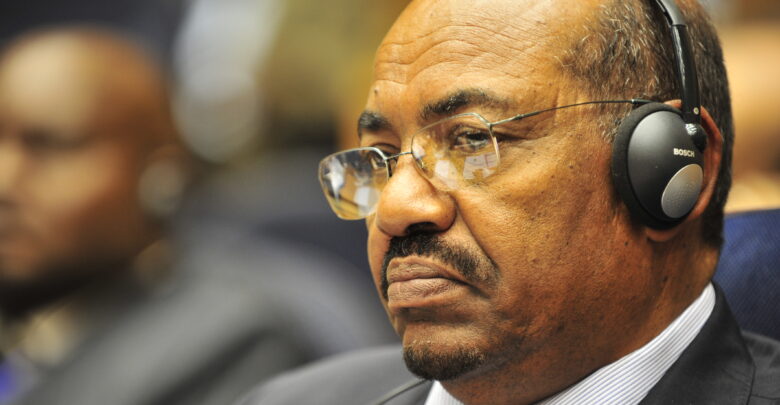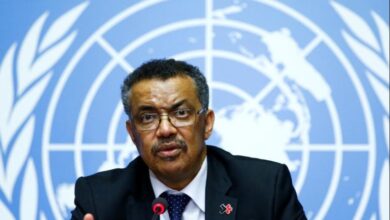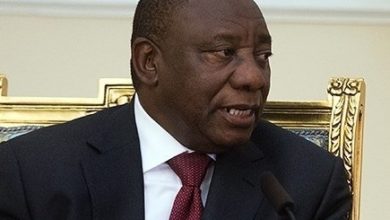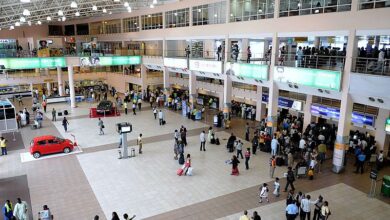World
Sudan: Former President Omar Al-Bashir Charged With Corruption

Sudan’s Former President Omar al-Bashir has been charged with corruption, state media reported. The Sudanese army ousted long-time President Bashir in April following months of mass protests against his 30-year autocratic rule. Protesters had staged the weeks-long sit-in outside the army headquarters in Khartoum demanding Bashir to step down.
“The public prosecutor announces the completion of all investigations in the case brought against the deposed president Omar Hassan Ahmed al-Bashir by anti-corruption prosecutors,” the official SUNA news agency said, reported BBC.
According to the public prosecutor’s office, the charges against Bashir are related to laws on suspected illicit wealth and emergency orders. No other details very provided.
In May, Al-Bashir was charged with incitement and involvement in the killing of protesters. Prosecutors had also ordered his interrogation on suspicion of money laundering and financing terrorism.
Meanwhile, on Thursday, Sudan’s ruling military council admitted that it ordered the dispersal of Khartoum sit-in, which left over hundred people dead and many injured, as US and African diplomats stepped up efforts for a solution to the country’s political crisis.
The Transitional Military Council (TMC) spokesman Shams al-Din Kabashi said it was the army who decided to disperse the sit-in.
“We ordered the commanders to come up with a plan to disperse this sit-in,” Kasbashi said during a press conference. “They made a plan and implemented it … but we regret that some mistakes happened.”
At the end of the conference, Kabashi said that the plan was to clear a nearby area called Colombia, usually inhabited by drug peddlers, but then “we regret what happened”.
He said the findings of an investigation into the incident would be released on Saturday.
After the brutal attack on protestors, the talks between the protest leaders and the Transitional Military Council (TMC) broke down. The protest leaders then called a campaign of civil disobedience, which they later called off to enable the resumption of talks.






